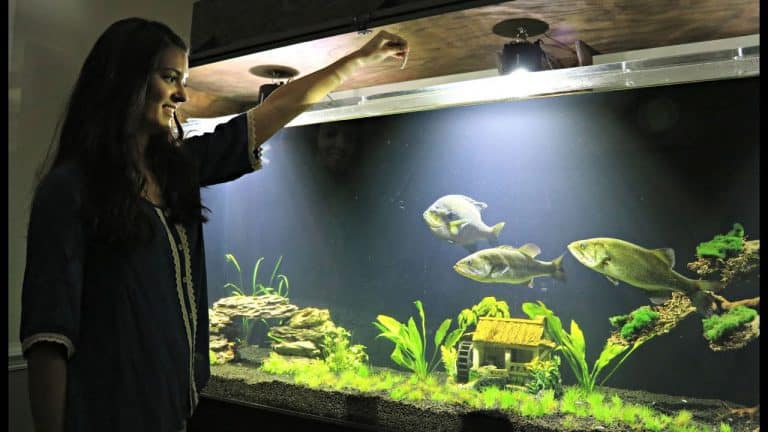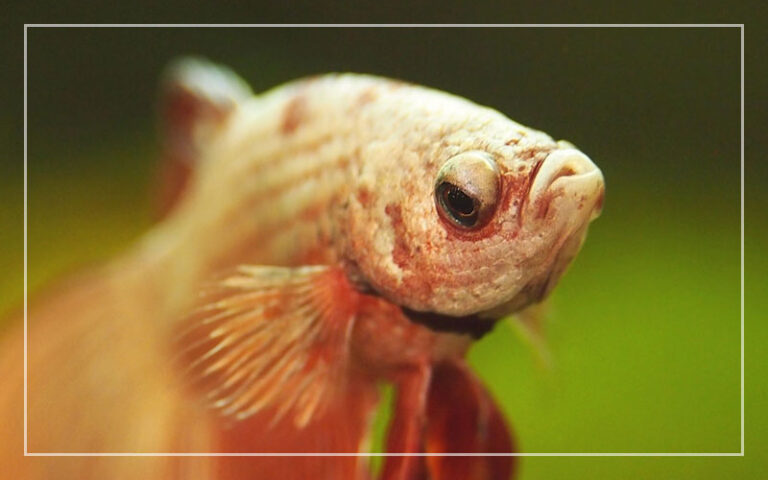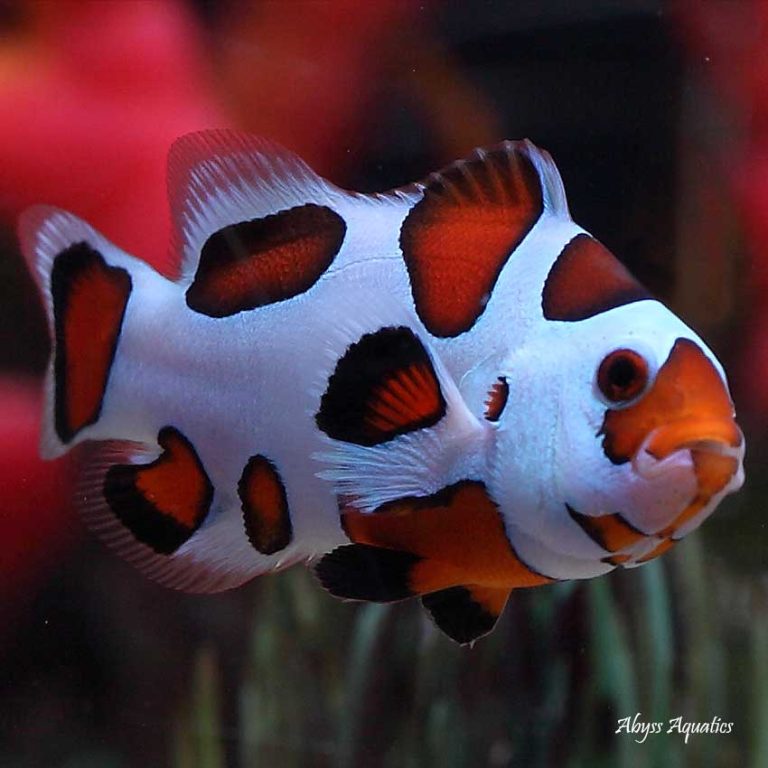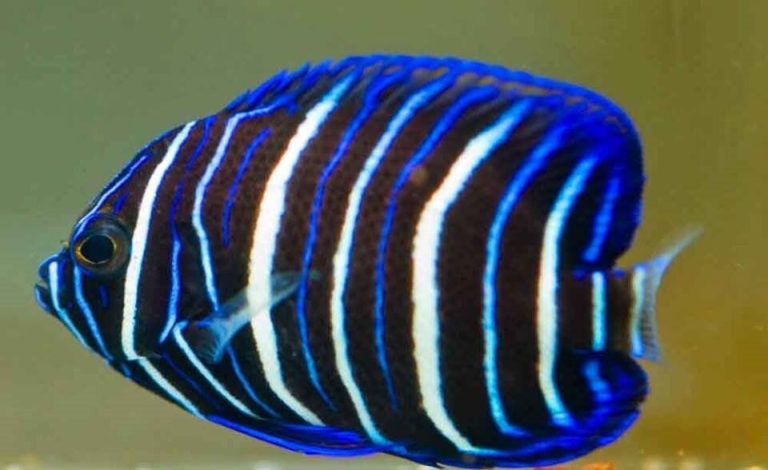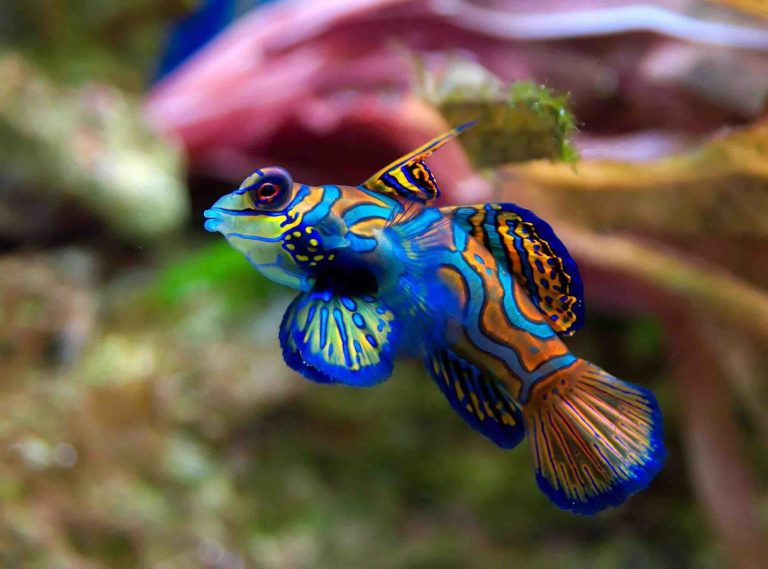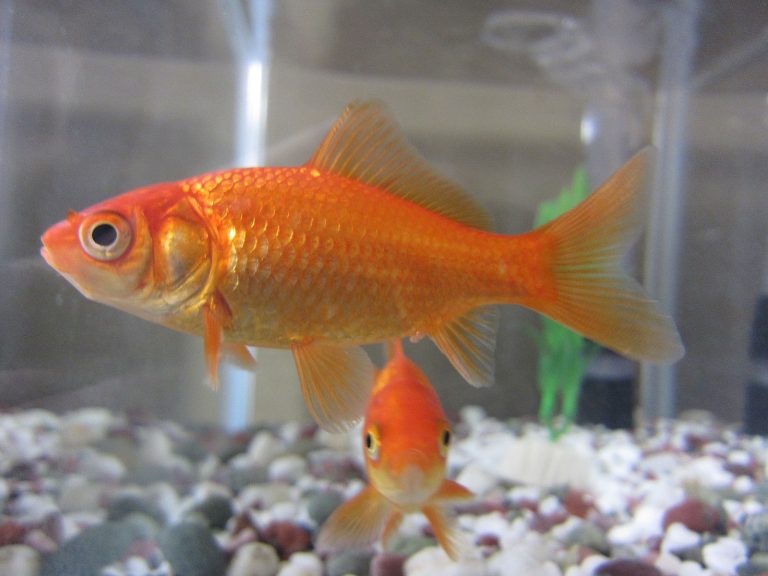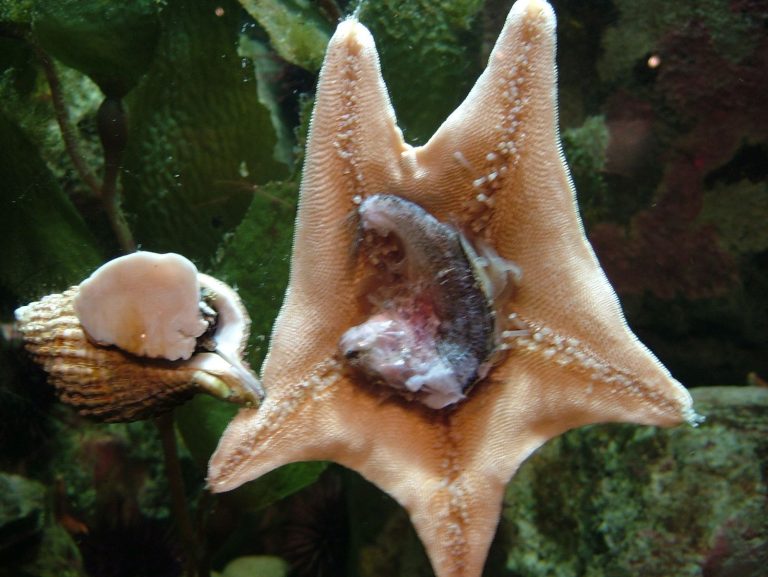What To Feed Pet Bluegill
Feeding your pet bluegill can be a rewarding experience, but it’s important to ensure that you are providing them with the right diet to keep them healthy and thriving. Bluegill are known for their voracious appetite, and they will eat a variety of foods in the wild. However, when keeping bluegill as pets, it’s essential to mimic their natural diet as closely as possible to promote their overall well-being. In this article, we will explore what to feed pet bluegill to ensure they receive the proper nutrition they need.
What Do Bluegill Eat in the Wild?
In the wild, bluegill are opportunistic feeders and will consume a wide range of food sources. Their natural diet consists of aquatic insects, small crustaceans, worms, small fish, and plant matter. They are omnivorous, which means they eat both plants and animals. Bluegill are also known to feed on algae and plankton present in the water.
Feeding Pet Bluegill
When it comes to feeding your pet bluegill, it’s crucial to replicate their natural diet. A well-balanced diet will ensure that they receive all the necessary nutrients for optimal growth and health. Here are some things to consider when feeding your pet bluegill:
1. Live Foods
Live foods are an excellent choice for feeding pet bluegill as they closely resemble their natural prey. Some suitable live foods for bluegill include small insects, worms, brine shrimp, daphnia, and bloodworms. These can be purchased from specialized aquarium stores or caught in the wild, depending on your preference.
2. Pelleted Foods
Pelleted or granulated foods specifically designed for bluegill are readily available in the market. These pellets are formulated to provide a balanced diet for bluegill and are often packed with essential vitamins and minerals. Look for pellets that contain a high percentage of protein (at least 35%) and feed your bluegill according to the instructions on the packaging.
3. Commercial Diets
If you’re looking for convenience, commercial diets are another option to consider. These diets come in various forms, including flakes, pellets, and freeze-dried foods. While they may not fully replicate a bluegill’s natural diet, they can still provide the necessary nutrients. Look for commercially available fish foods that are specifically formulated for bluegill.
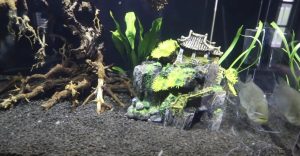
Supplementing the Diet
While bluegill will thrive on a diet primarily consisting of live foods or commercial diets, it can be beneficial to supplement their diet with other nutritional sources. Here are some additional foods you can offer:
1. Vegetables and Fruits
Bluegill will occasionally nibble on plant matter in the wild, so incorporating some vegetables and fruits into their diet can be beneficial. Options such as lettuce, spinach, peas, and watermelon can be offered in small quantities. Ensure that the vegetables and fruits are thoroughly washed and cut into small pieces to make them easier for the bluegill to consume.
2. Insects and Worms
In addition to their regular diet, you can incorporate insects and worms into their feeding routine. Crickets, mealworms, earthworms, and other small invertebrates can be offered as occasional treats. These live foods provide mental stimulation for the bluegill, as well as additional nutrients.
Feeding Frequency and Amount
When it comes to feeding pet bluegill, it’s important to establish a feeding routine to ensure they receive the proper amount of food. Bluegill have relatively small stomachs, so frequent but smaller meals are recommended. Feed them 2-3 times a day, giving them only what they can consume within a few minutes. Overfeeding can lead to water quality issues and health problems for the bluegill.
Water Quality and Feeding
Maintaining proper water quality is crucial for the health and well-being of your pet bluegill. When feeding your bluegill, make sure to monitor the water parameters regularly and remove any uneaten food promptly to prevent contamination. A filtration system and regular partial water changes are essential to maintaining a clean and stable environment for your bluegill.
Frequently Asked Questions
1: Can I feed my pet bluegill with human food?
While it may be tempting to share your food with your pet bluegill, it’s generally not recommended. Bluegill have specific dietary requirements that are best met with foods specifically formulated for them. Human food can be high in salt, sugar, and other additives that can be harmful to bluegill.
2: Can I feed my pet bluegill with fish food designed for other species?
It’s best to use fish food specifically formulated for bluegill or similar species. While some fish foods may be suitable for a wide range of species, not all of them will provide the necessary nutrients for bluegill. Choose a high-quality bluegill-specific diet for the best results.
3: How long does it take for bluegill to eat their food?
Bluegill will typically consume their food within a few minutes. It’s important to offer them only what they can eat within this time frame to prevent overfeeding and water quality issues.
Final Thoughts
Feeding your pet bluegill a nutritionally balanced diet is crucial for their health and well-being. By replicating their natural diet and providing a variety of live foods, pellets, and supplemental options, you can ensure that your bluegill receives the necessary nutrients to thrive. Remember to monitor water quality, establish a feeding routine, and remove any uneaten food promptly. With proper care and feeding, your pet bluegill will live a long and healthy life.
